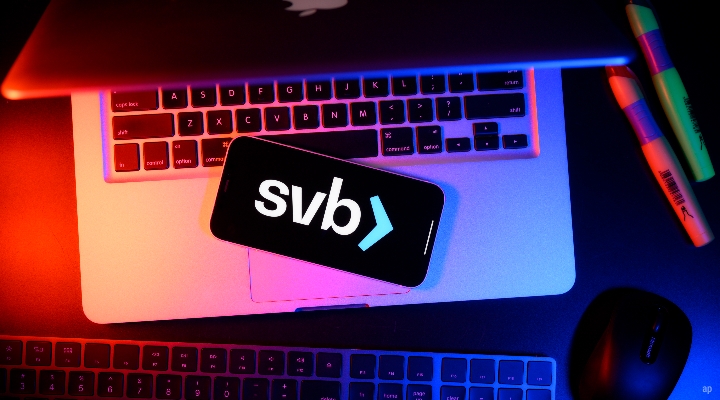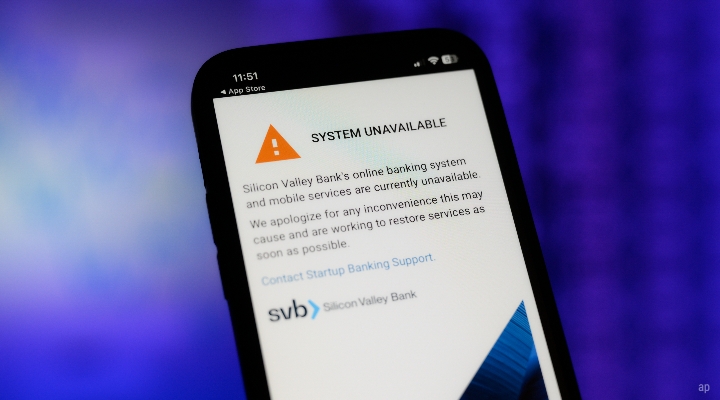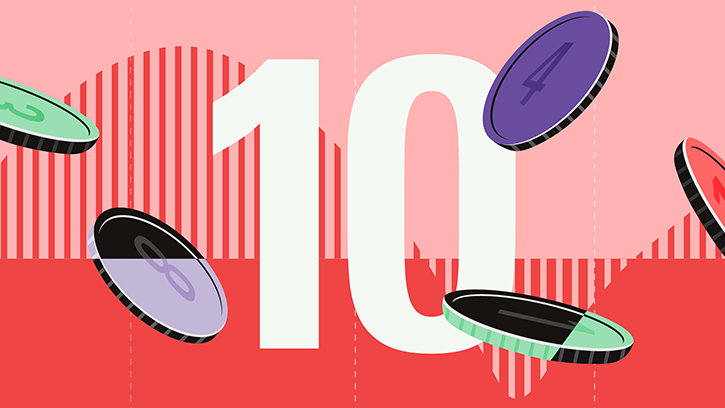
A week ago many people had not heard of Silicon Valley Bank (SVB) but now the story is front and centre for global investors, regulators and governments.
Comparisons with the global financial crisis seem stretched for now, but the speed with which policymakers and banks have moved suggest an urge to contain the crisis as quickly as possible. On Monday morning UK-listed banking giant HSBC stepped in to buy the UK arm of SVB after a weekend of talks involving the government and the Bank of England.
As a Nasdaq-listed company, SVB is much bigger in the US than the UK, where, according to HSBC, it had loans of around £5.5 billion with deposits of around £6.7 billion.
This is small change in the context of the global financial system but politicians and regulators were worried about SVB’s strategic significance as a lender to the technology sector.
My colleagues in the US have outlined the (much bigger) impact on US funds and ETFs. But what about UK funds? Logically, there are many many funds, active and passive, with exposure to large-cap banking stocks, which have fallen sharply since last week. But what about direct exposure to SVB’s US listing, which is known by the ticker SIVB. The shares fell 60% on March 9 but were then suspended.
Looking at Morningstar Direct, more than 3,000 funds globally have exposure of more than 0.01% to SVB. Filtering that down to UK domiciled funds, we have a much smaller data set: 193 funds whose portfolios have a weighting of more than 0.01%.
The top 20 list starts at a 0.57% exposure to Silicon Valley Bank, which is tiny in portfolio terms. But some big fund names are in the mix: Standard Life, JPM, 7IM, Ninety One etc. Due to the nature of fund reporting, some of this data is from January 31, so positions may have changed in the interim.
The Morningstar View
Morningstar European equity analyst Michael Field comments on the latest developments:
"SVB alone has little to do with European markets directly, but the problem is during periods of low interest rates, as we’ve seen now for more than a decade, credit is cheap and a lot of companies that shouldn’t get financed, do. So now we’re seeing the correction as interest rates increase and lenders pull back. Venture capital is the riskiest of all investments, so the fear amongst investors is contagion, that this is just the start.
"When the markets are trading as high as they are it doesn’t take much to spook them. But logically todays move should be a one off, unless we see more lenders struggling in the same manner.
"We still see the markets as trading at a slight discount to where they should be, so despite the risks we would view todays sell off as an opportunity."










.jpg)


















